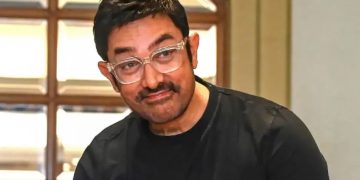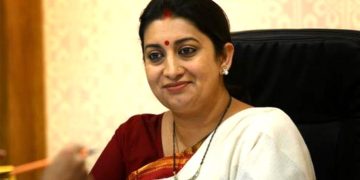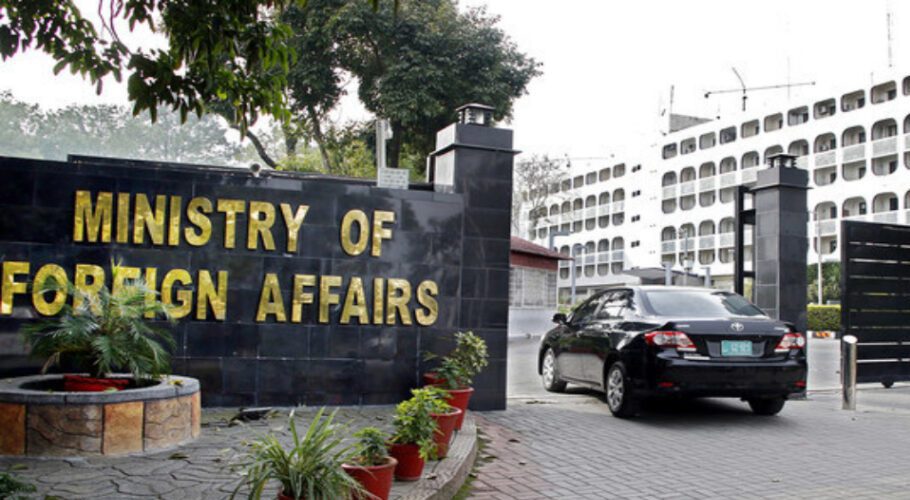A state, by various definitions, refers to a political system that enacts laws and regulations that apply to residents of a given territory.
The judiciary, the legislature, and the government are thought to be crucial to the operation of any state’s system, and they are among the several components of the state that are referred to as state pillars. The fourth pillar of the state is thought to be journalism in the modern period due to the media’s growing power.
An eight-judge panel led by Chief Justice Omar Atta Bandial heard the matter involving the Supreme Court Practise and Procedure Act on the previous day in the Supreme Court of Pakistan. The Chief Justice responded, warning that if things don’t change soon, governments will start passing contentious legislation in an effort to avoid having their laws overturned by the courts.
It’s interesting that the statute passed by the Parliament is known as the Supreme Court Practise and Procedure Act, and it purports to restrict the Chief Justice’s authority. The government has already made the statement that the Chief Justice should not hear this case.
Political struggle, the pursuit of power and authority, and the pursuit of prestige all take on new meaning when the legislature and the judiciary of a state become so mired in disagreement that no single resolution can be reached. That is what is currently taking place in Pakistan.
On the one hand, the government created a new legislation that was ostensibly unnecessary while following the rules and regulations of the government. On the other hand, the Supreme Court is considering petitions that oppose the aforementioned statute rather than upholding it.
Imran Khan, who will not accept anything less than immediate elections, is on the one side, while the government, which has been engaged in a nationwide crackdown on PTI workers, has arrested and imprisoned thousands of them, and has filed terrorism-related charges against them, is on the other.
Imran Khan claims that there are currently around 10,000 PTI workers incarcerated. However, PDM worries that they won’t be able to win an election if one is held because PTI has grown to be the biggest and most popular party in the country.
The opposition PTI, the administration of Prime Minister Shahbaz Sharif, and the judiciary of Chief Justice of Pakistan must come together and choose the route of dialogue in the face of the impending default in order to bring the country out of the current crisis. Pakistan cannot afford the economic crisis to endure for an extended period of time if the political conflict and power struggle do not cease.


























